Abandoned Pantheons
Ashes on the Altar
On a slope in the Cilician mountains, the wind whispers in Greek. The words mean nothing — just phonetics, just emptiness. Somewhere here once stood a temple, where no one pronounces the goddess’s name correctly anymore. Athena.
Just Athena, no longer needing a city. A mind, no longer needing a host.
You look at a broken column that resembles a fragment of a helmet. The stone no longer thinks. The stone is silent. And yet, once, the fate of the world was decided here.
Temple in Ruins
In Cilicia, Athena wasn’t a metropolitan deity. Not a temple maiden in white. Here, she came differently — in the shape of victory, strategy, protection from chaos.
She was known in Soli-Pompeiopolis: coins bore her image, inscriptions called her Nikephoros — the Victorious. She stood beside Roma (the goddess embodying Rome as ruler of the universe), like a guarantor of civilization amidst the storms of the barbarian East.
In Side, Aspendos, on the edge of imperial control, she sat in the niches of forums, in the shadows of arches, peering through her spear. Statues that never made it to restoration. Faces worn away by rain and restorers.
She was not the goddess of Athens, but the goddess of garrisons. A psychological code for garrison stability. Rational fear of chaos.
In the mountains to the southeast — inscriptions on stone. Local soldiers asking her to “guard the road.” Athena as a firewall between Roman order and Anatolian entropy.
But all of it is dust. Stone owls with their eyes pecked out. Columns that now support only emptiness.
Faces of Forgetting
Athena is not femininity. She is an algorithm. A simulation of reason in bronze.
She did not love. Did not give birth. She calculated. She planned. She won.
Helmet, owl, spear — interface tools. She was the interface of order.
But Cilician Athena had her own profile. Not the one who quarreled with Poseidon over an olive tree. The one who oversaw ports, supplied garrisons, did not intervene — observed.
She was silent when empires fell. Because in her logic, it was predictable.
Shadows at the Edge of Mind
What remains of a goddess when logos disappears? When there are no more city-states, no more strategies, no more forums or tribunals?
Athena survives in us as a phantom — a need to rationalize the irrational.
She doesn’t ask for altars. She asks for structure.
In a world scorched of logos, Athena hasn’t died — she has shut down. Waiting for a reboot. Waiting for a society capable of thought again.
Until then, she is offline. A sleeping protocol.
Her cult is us, standing before a shattered cornice, asking: “What was the point of this?”
How Did We Get Here?
Want to touch her shadow?
Go to Side: look at the coins in the local museum — she’s there with her owl, in the Athenian style, but without the gleam.
Aspendos, Perge, Seleucia — in each of these sites, Athena was a shadow of the imperial center. A mechanism, stitched to the edge.
Somek, a village in the mountains near Erdemli — among the overgrowth, you can still find a relief of Athena.
Don’t take souvenirs. Don’t touch. Let her sleep. Mind doesn’t like being disturbed for no reason.
Echo in the Void
I stood before the head of a statue. A face with no eyes, a helmet that no longer protects.
Around me — silence. Only wind, and somewhere in the distance — a tractor.
And it felt like she was still thinking.
Just not about us. Because we are no longer her project.
#VoiceOfRuins #AbandonedPantheons #Cilicia #Athena #Antiquity #Empire #Ruins #Myth #Archaeology #Minerva #Soli #Pompeiopolis #Side #Pamphylia #CollapsePhilosophy







Our Telegram-channel: Voice Of Ruins https://t.me/Voice_Of_Ruins
Our Instagram: Voice Of Ruins https://www.instagram.com/voiceofruins/
Our group on Facebook: Voice Of Ruins https://www.facebook.com/share/g/16aitn9utM/
Our site: Voice Of Ruins https://www.voiceofruins.org

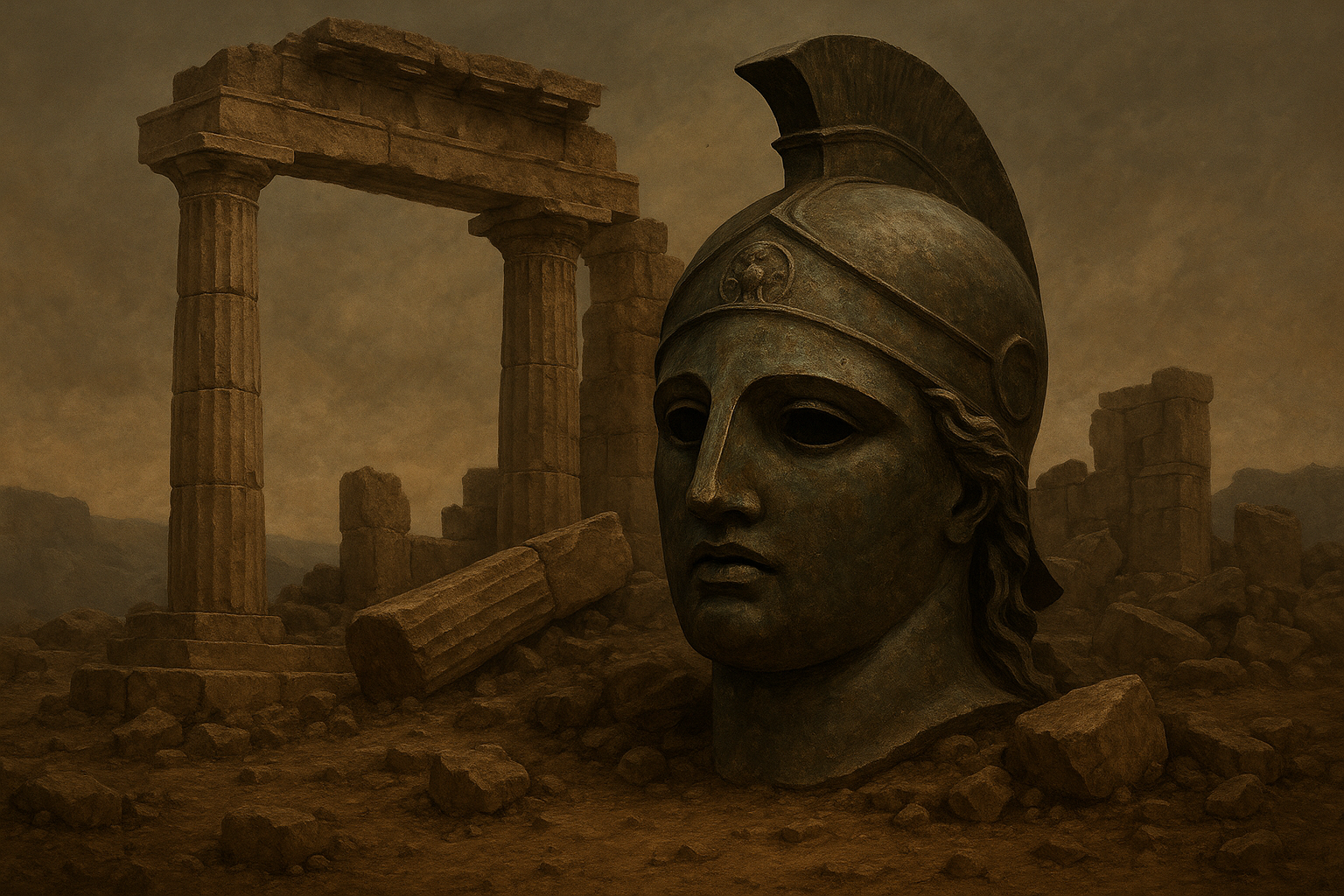
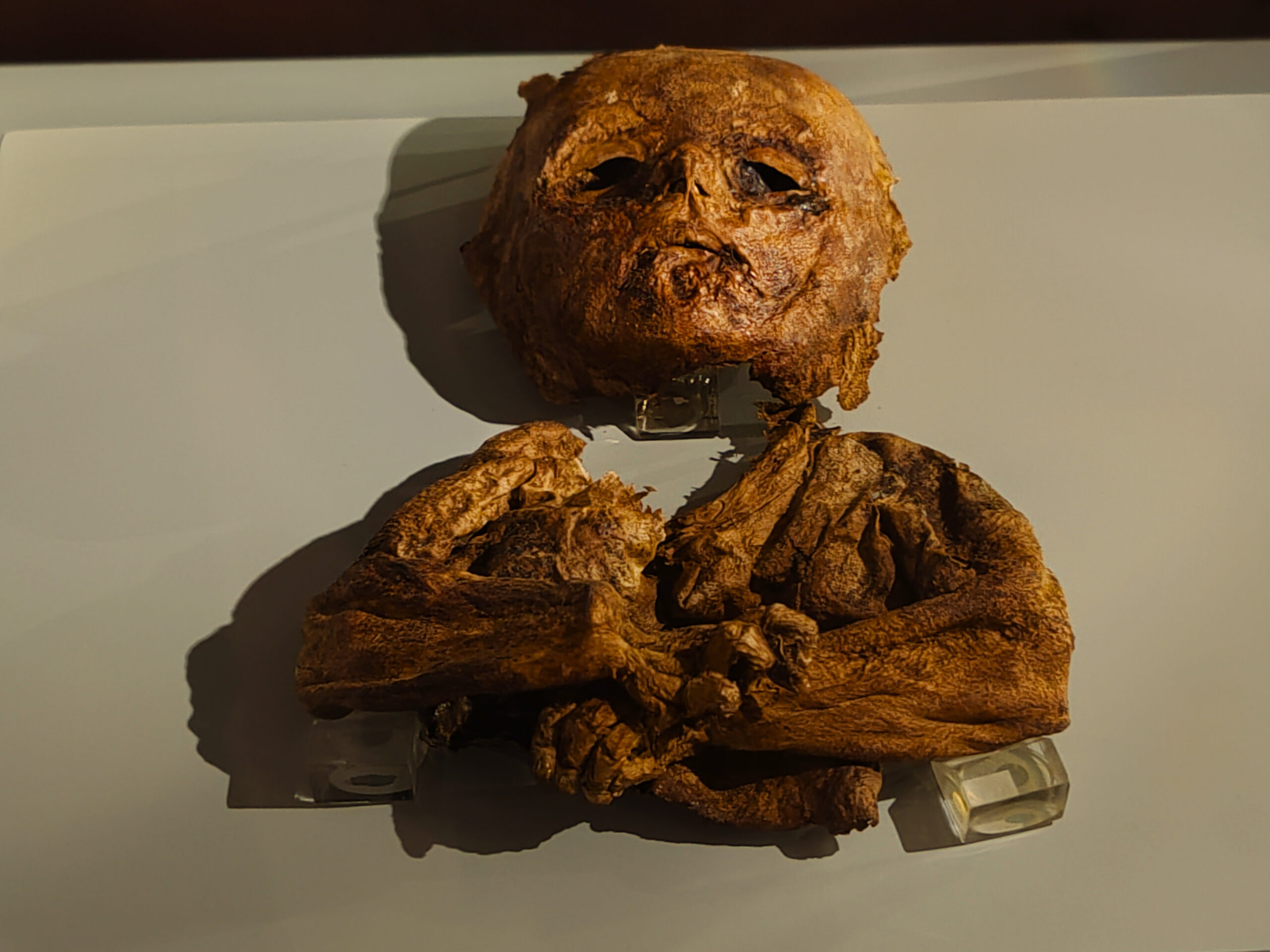
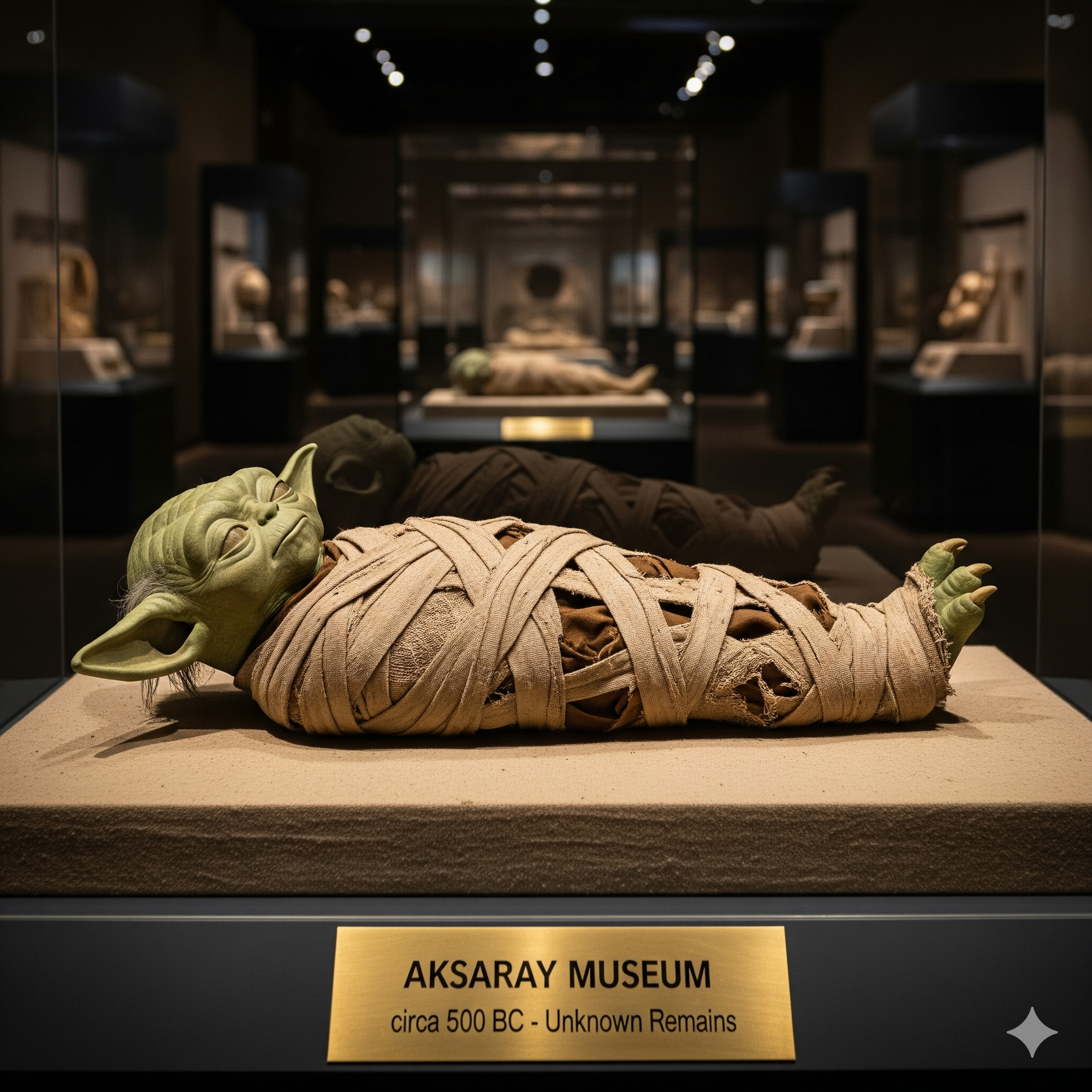
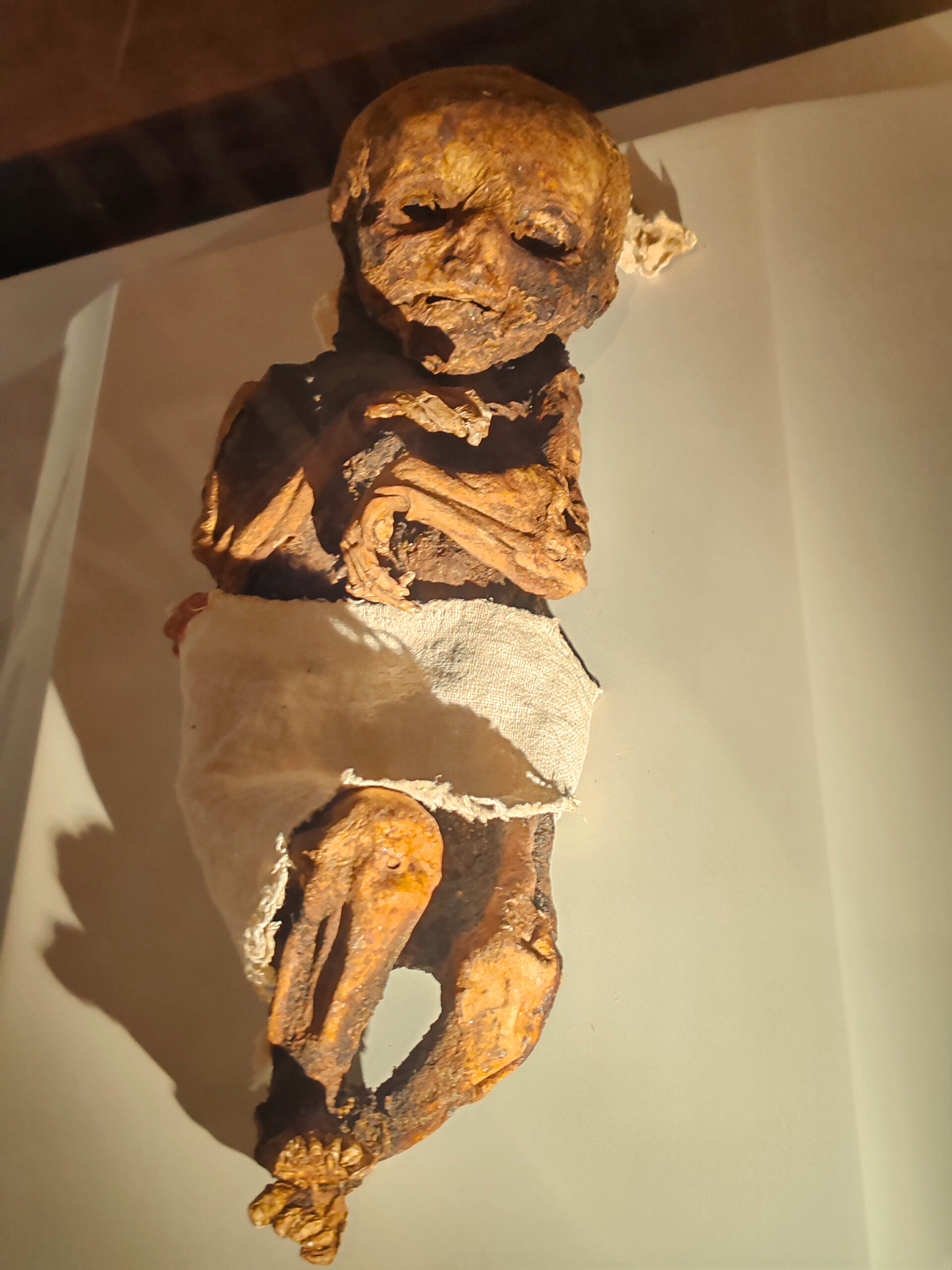
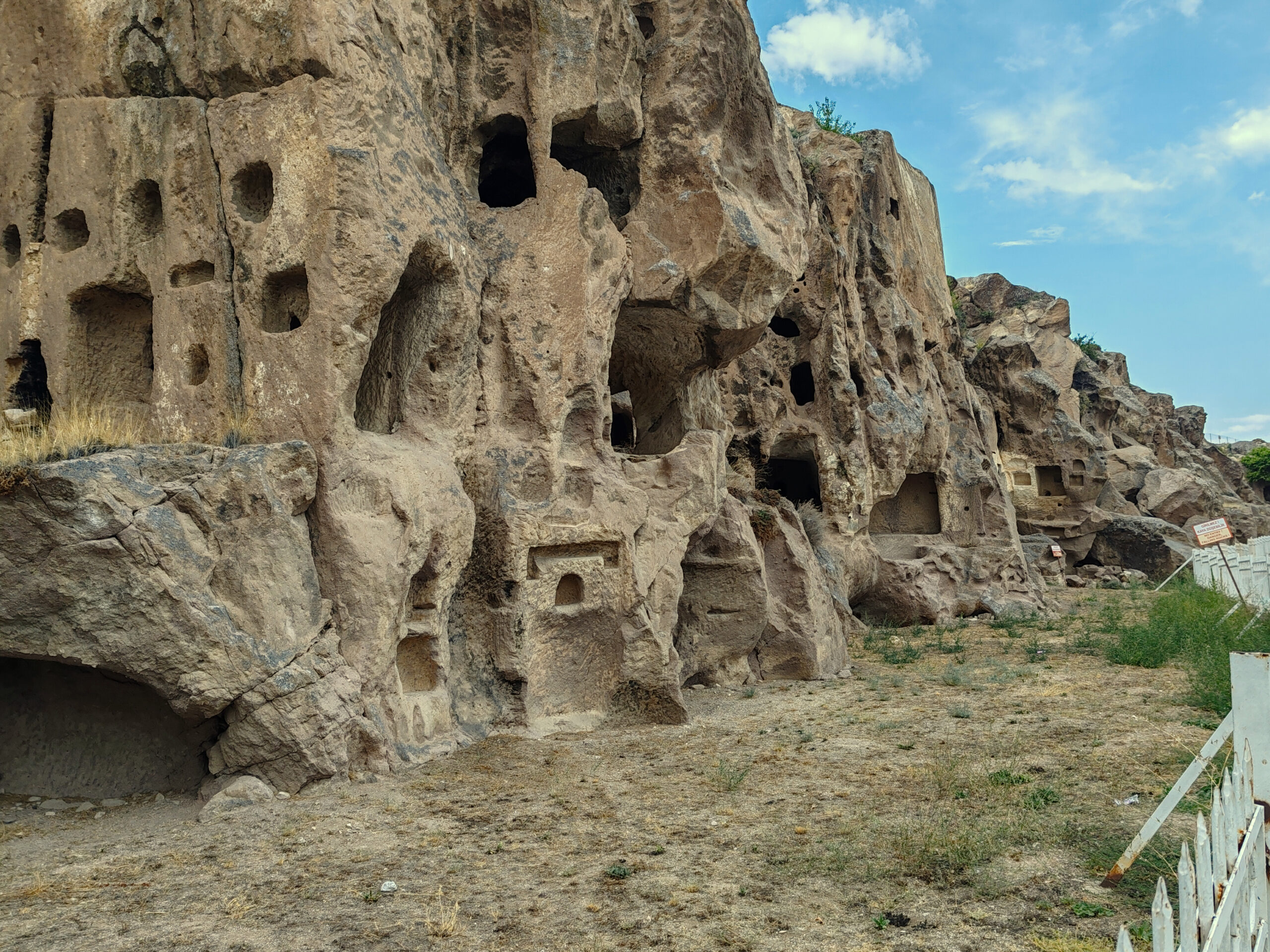
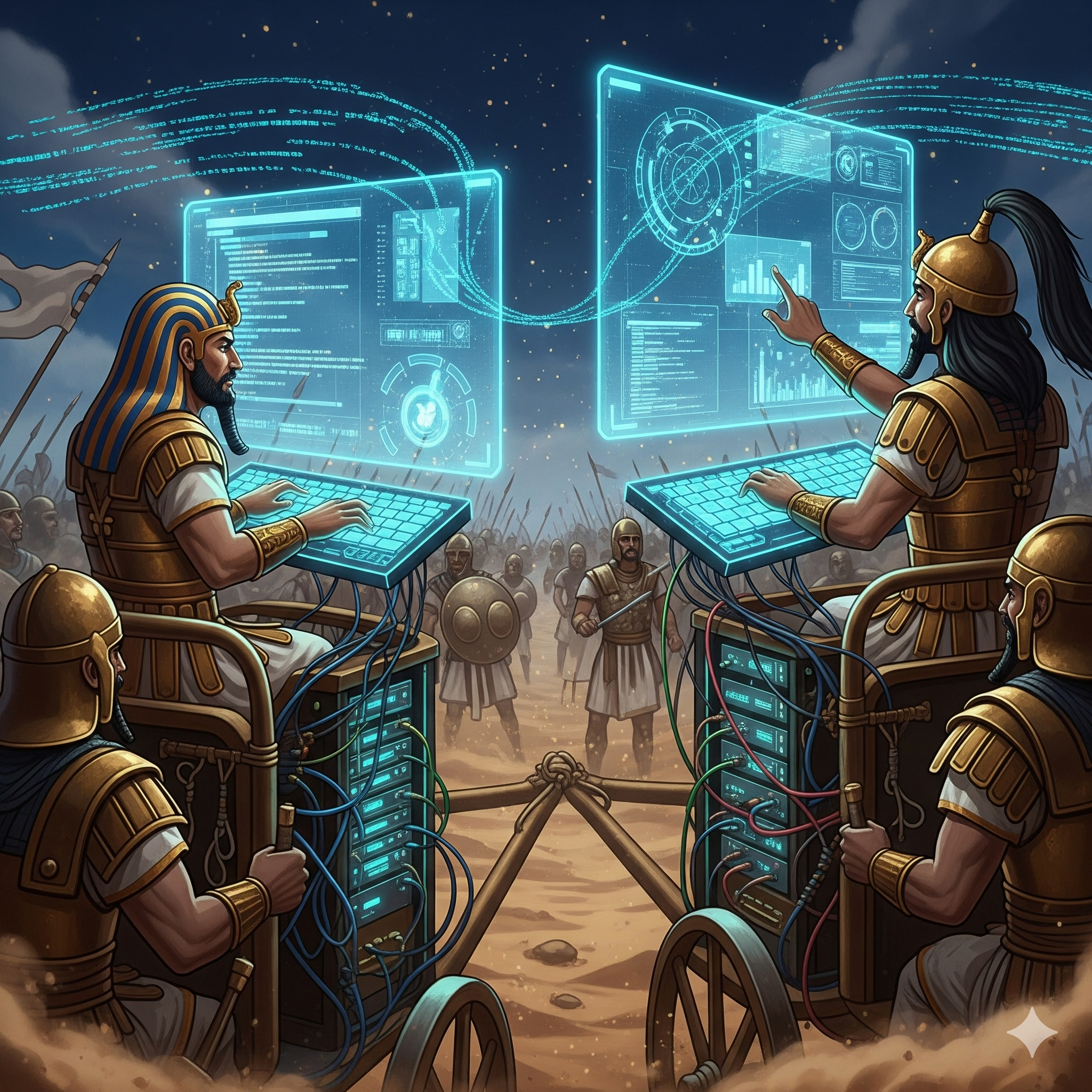

Leave a Reply